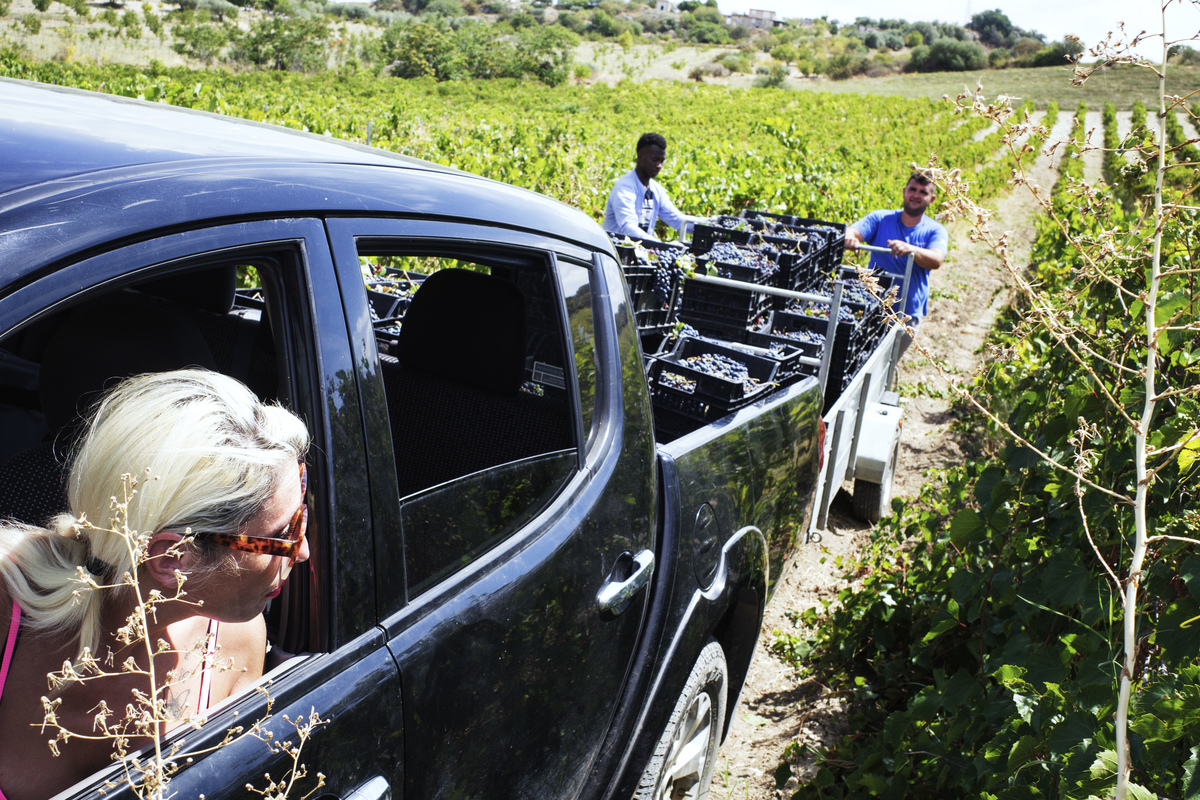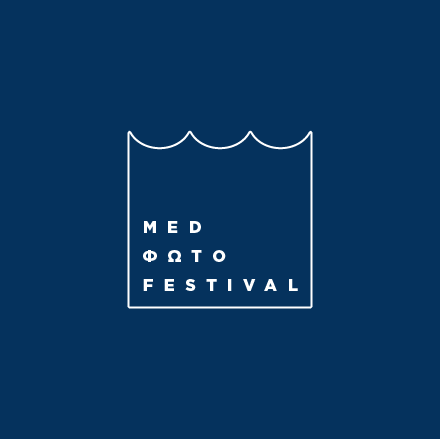Vino Vivo

After working on a story about Sicilian winemakers who specialise in ‘ natural wine’ – an increasingly popular production method that avoids pesticides and additives and allows the fermentation process to happens naturally – Alfredo D’Amato stayed in touch with one of the young vintners who runs a winery near Caltanissetta in central Sicily. The contact developed into a friendship and nurtured a fascination with the process of small-scale, ‘artisanal’ wine making that is becoming more popular as large, international winemakers have flooded the market and connoisseurs are looking for purer forms of wine.
What at first might look like a chemical experiment, with frequent checks on contents of selected barrels is actually a fine-tuned monitoring of the natural development of each year’s grape crop as it gradually turns to a rich – and intoxicating – elixir. In natural wine making much of the process of fermentation is left to chance and the winemaker’s cues come from that year’s crop rather than any pre-conceived expectations of the final product. The constant monitoring of the wine’s development allows the vintner to determine exactly when the product is ready for bottling.
Sicily has a long-standing and illustrious history of wine-making dating back millennia. Indigenous techniques have been blended with those brought by Greek and later Phoenician settlers who started to found colonies on the island from the 8th century BC. Phoenician colonists and traders expanded the cultivation of vines and wine-making and brought new varieties of vines further East including Inzolia, Grecanico and Catarratto that are still grown in Sicily today.
Click here to view the full story:https://library.panos.co.uk/features/stories/vino-vivo.html



